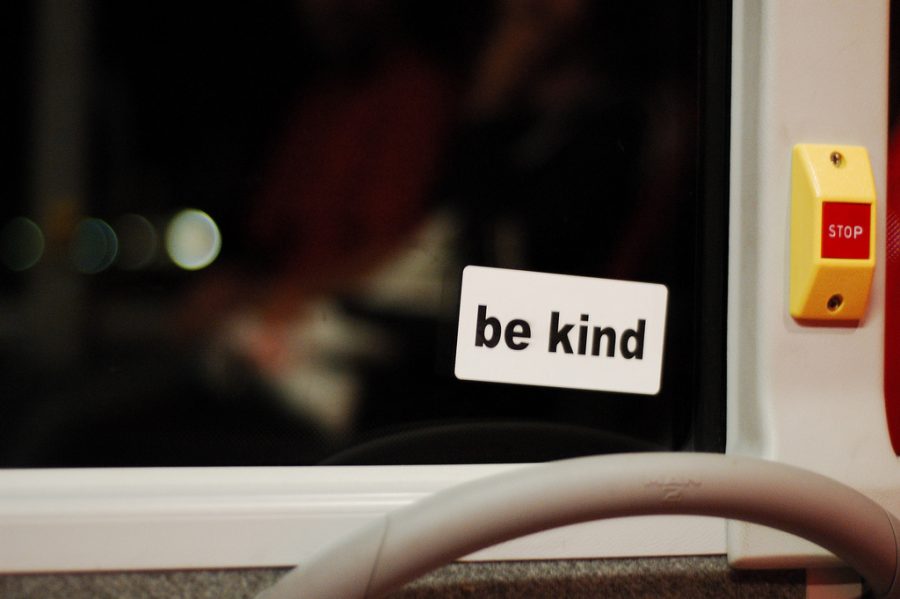Is it 2018 in general, or has this been building for decades? It’s clear during highly emotional times, like elections, what our society’s problem is: overzealous aggression. Aggressive behavior, and a difference in opinions, prevent individuals from seeing both sides of any argument. Unless we remind ourselves to keep an open mind, our minds shut out opinions we don’t see to be true; therefore, inhibiting a peaceful discussion from taking place.
We allow our frustrations and the influence of others influence the messages we project. Most casual discussions or debates should be kept peaceful and even-tempered, raising your tone does not make you more persuasive or right in any way. This was present at the protests that took place on the UTSA Main Campus on Oct. 4 and 5. Most of the individuals participating in debates were yelling at each other and creating false allegations just to win the argument.
If we can help it, there is no reason that we must yell at each other and cause others emotional distress. Right now, while you are reading this, take a deep breath and try to dissolve those high-strung emotions you may have toward an individual or a topic. Sit down and quietly listen to their point of view. Allowing our emotions into a discussion only inhibits us from finding the true meaning in another’s words. Focus on creating kindness and goodwill toward others.
Many individuals take a difficult political issue like immigration either personally or say it doesn’t directly affect them. Mr. ‘Fred’ Rogers once said, “We live in a world in which we need to share responsibility. It’s easy to say, ‘It’s not my child, not my community, not my world, not my problem.’ Then there are those who see the need and respond. I consider those people my heroes.” We must commend those who are standing up for others, but project our speech in a way that will not offend or lose the interest of the audience.
For example, if you would like to discuss immigration with someone who holds an opposing view, kindly discuss your personal view and refrain from using insults, “low-blows” or other offense speech.
The same goes for social media. Over the years, social media has grown more and more, and more people feel hate speech is okay to use online. Many people feel this way since they can’t see how the comment affects their emotions in-person. While hate speech is legal under our first amendment rights, excluding libel and slander, it isn’t respectful or kind-hearted to use it. Most the population do not have this problem, but only in in-person encounters. As we become more involved in social media, the more and more we use it as a tool to take down those around us. Whether it be for physical appearance, hobbies, beliefs or involvement in certain practices or groups, using this type of speech is disastrous. Not only is it disastrous for the other party’s emotional state, but it is disastrous for the individual’s idea of how much offensive language is too much.
Don’t use aggression as a tool to win an argument. Fred Rogers said, “There are three ways to ultimate success. The first way is to be kind. The second way is to be kind. The third way is to be kind.”












